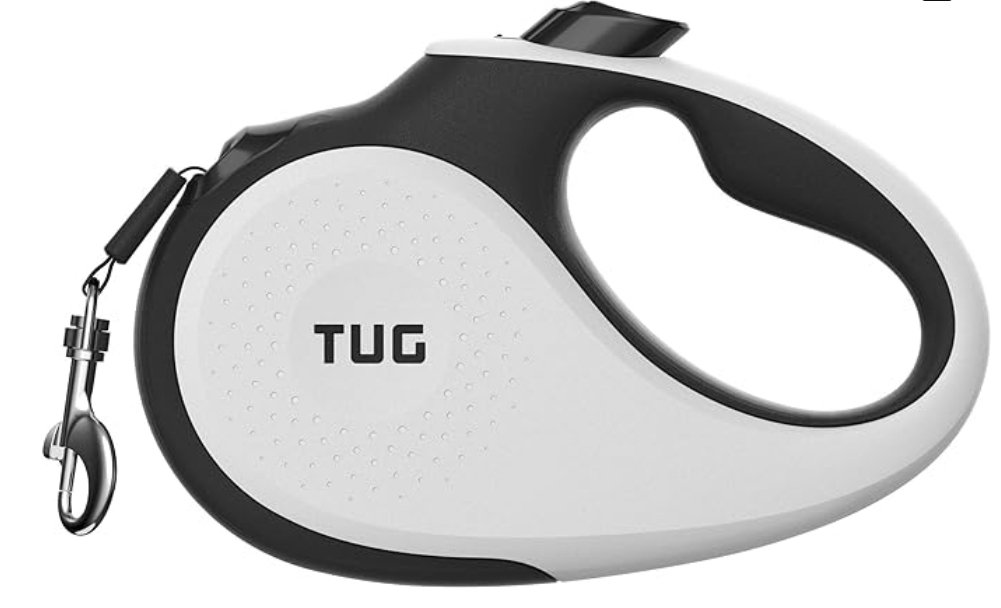
1. Prioritize Physical Activity
Dogs thrive on physical exercise, and it’s not just about burning off energy—it’s also crucial for their mental health. A daily walk around the block is great, but switching up your routine with different parks or hiking trails can make it even more enjoyable for your dog. Physical activity keeps their joints strong and helps prevent boredom-related behavior problems. Tip: Incorporate interactive toys that challenge your dog’s brain while keeping them active. Puzzle feeders or tug-of-war toys are excellent for engaging their instincts!
2. Provide Balanced Nutrition
Just like humans, dogs benefit from a nutritious, balanced diet. Pay attention to the ingredients in your dog’s food—look for wholesome, high-quality proteins, and steer clear of fillers or artificial additives. Consider rotating protein sources to keep their meals interesting and nutritious. Tip: Don’t forget about hydration! Fresh water should be available at all times, especially after exercise.
3. Regular Vet Visits and Preventative Care
Routine vet visits are key to maintaining your dog’s health. Annual check-ups help catch issues early, and preventative care like vaccinations, flea treatments, and dental hygiene can prevent major health problems down the line. Tip: Ask your vet about dental chews or home care options to protect your dog’s teeth and gums, which are often overlooked but crucial to overall health.
4. Mental Stimulation and Enrichment
Dogs need more than just physical exercise; mental stimulation is just as important. Providing puzzle toys, teaching new tricks, and even simple games like hide-and-seek can make a big difference in your dog’s overall happiness. Tip: Rotate toys and games regularly to keep your dog engaged. Even familiar toys feel new after they’ve been put away for a while!




